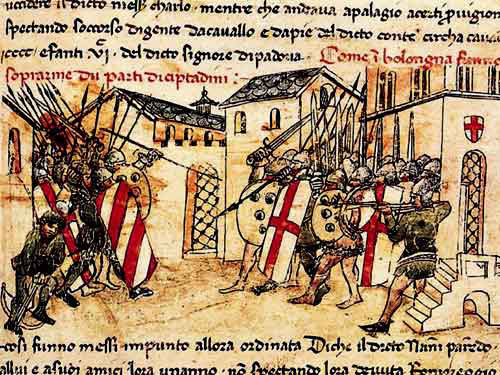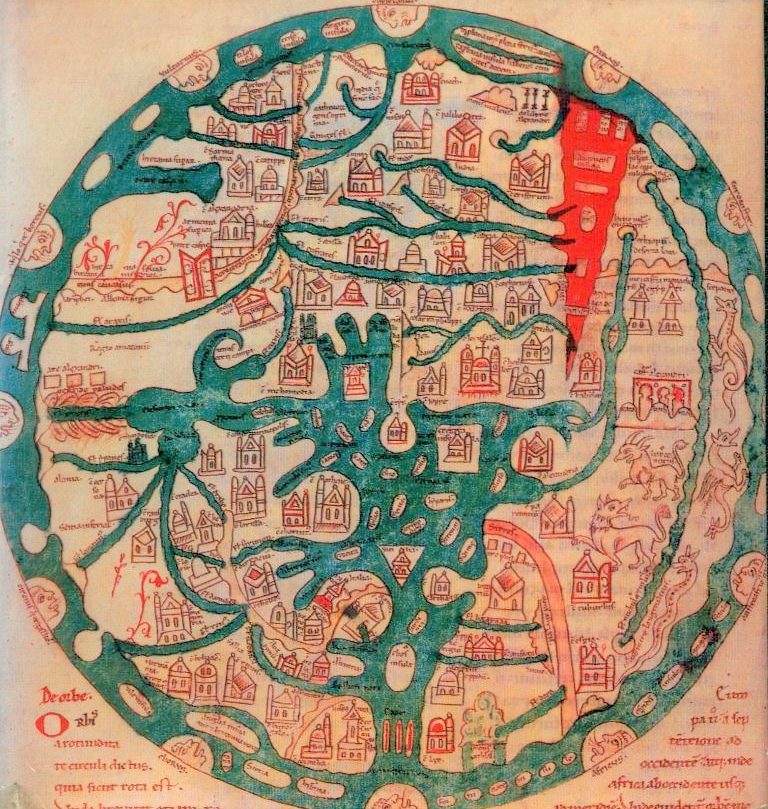The unruly relationship between democracy and individual freedom

The scorched earth tactics of Donald Trump in the twilight of his career as president, is a blow to many people who have a high opinion of the United States as cradle of democracy. In history it rather mirrors the violent struggle for power between two political groups in the Italian city-states around 1300 to which we owe the Divina Commedia. Dante was a city official and victim of these political wars in which the truth had been subordinated to power. In his exile Dante longed for a higher and more just authority which, as in the case of the US, was sadly absent.
The higher authority in the modern democracy is a system of justice based on facts. But precisely facts are liable to erosion in the world of internet and social media. The one who succeeds in reproducing a lie a millionfold controls the facts. That requires, of course, also some social tools like a flock of loyal followers and a ritual that suggests infallibility. It is not improper to characterize Trump as cult-leader as many commentators are now doing. Trump does not represent the GOP but a group of people that believe in him and that go into ecstasy with the rituals or the rallies in which Trump plays the role of visionary leader. This group and these events are in their turn intimidating for the more moderate Republican rank and file.
Those who consider these antics un-American pass over the multiple sects and religious groups who have found a fertile soil in the US. The specific history and geography of the US has shaped a mental climate for which two experiences were dominant: the absence of an exterior territorial force that could resist expansion and the freedom to create whatever you want. The first has induced a lack of interest in and knowledge of the motives of people outside the American continent and the second a contempt for people who fail because they have themselves to blame and not the world outside.
The freedom to make what you want has a perverse effect on the valuing of facts. After the Iraq war an aide to President George W. Bush boasted to be glad not to belong to the ‘reality-based community’ (the critical journalists) because ‘We are an Empire now and create our own reality’. Conversely, this has also led to a broadly shared distrust against bureaucracy, at least where it touches the citizen. No wonder that it is easy to believe in fraud at the elections.
All this does not alter the fact that the average American holds democracy in high esteem, also as a matter of national pride. This attitude conceives of democracy as the guard of individual freedom. As soon as collective interests are at stake – as in the case of Covid-19 control – unbridgeable gaps open between the parties. In this respect democracy is not facilitated by a two-party system.
